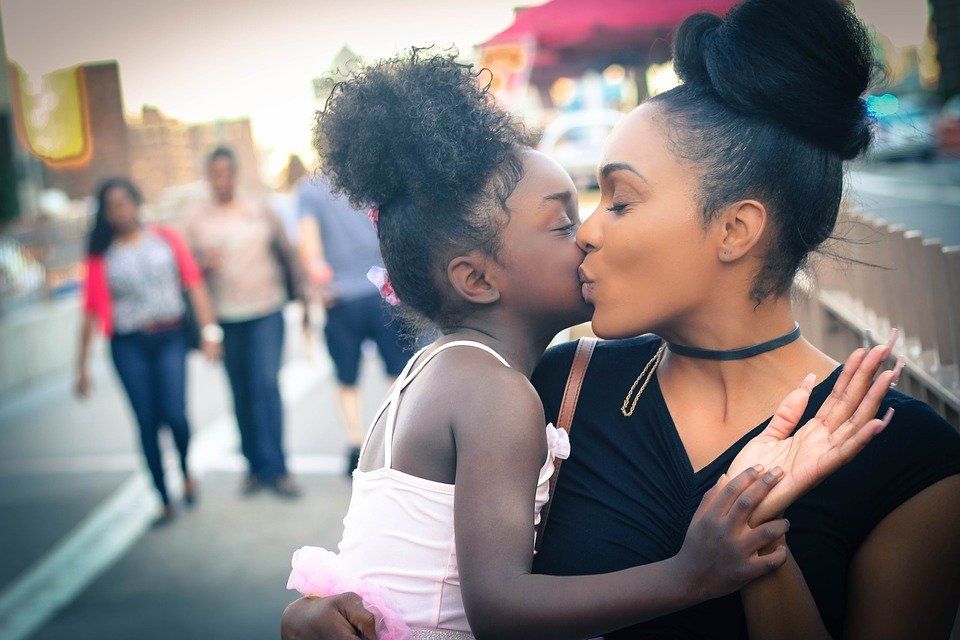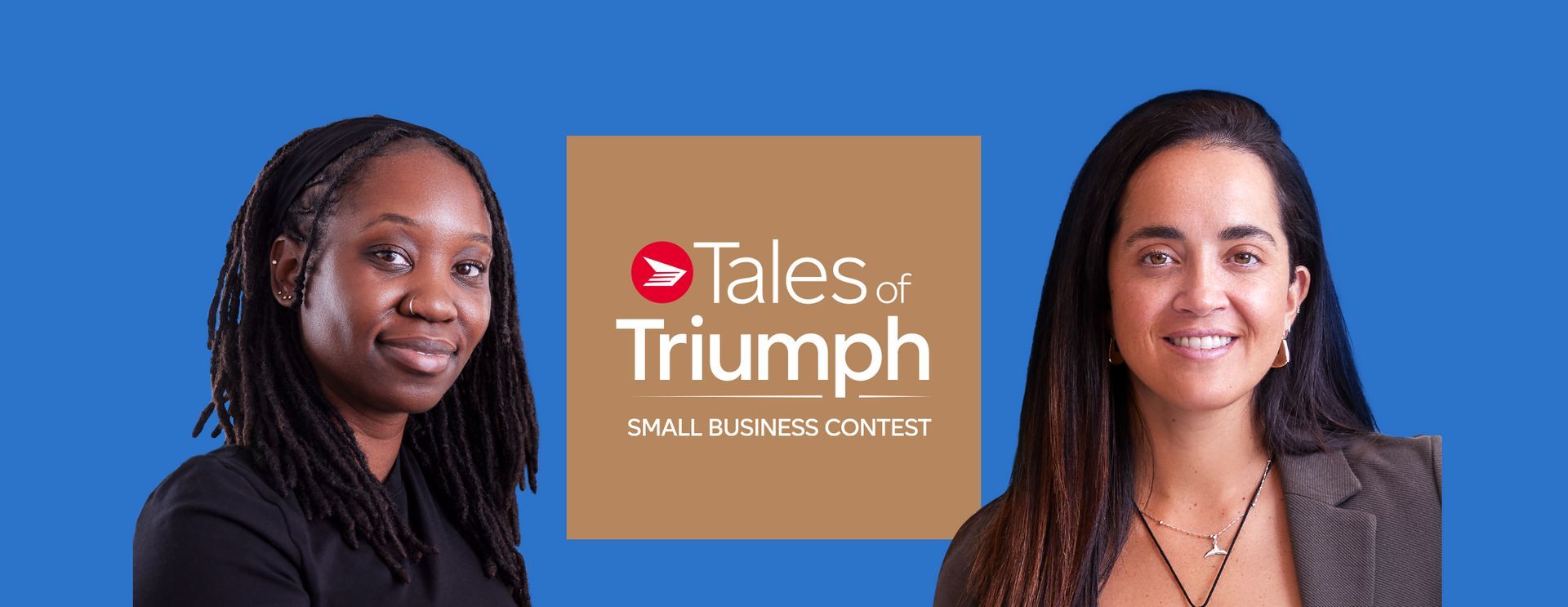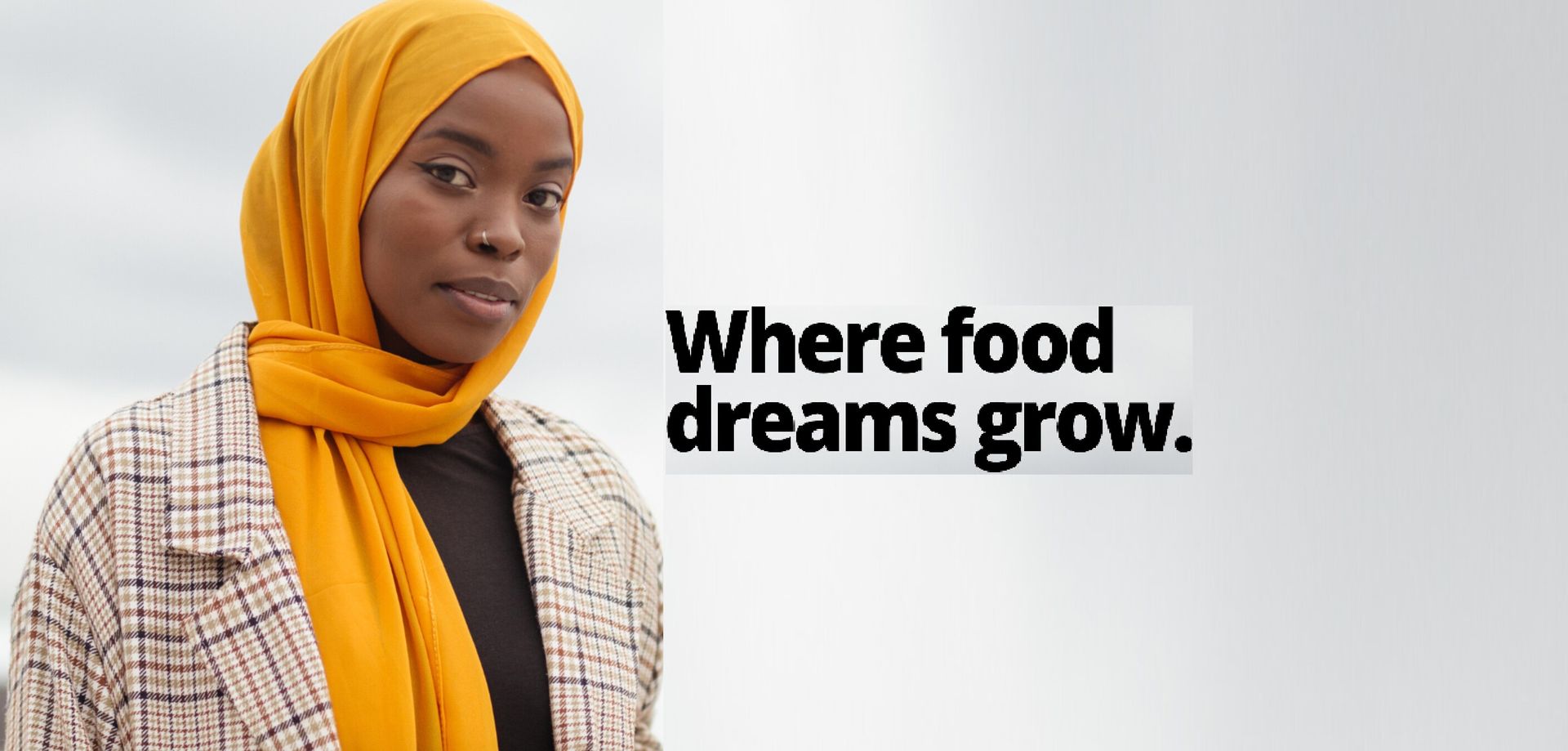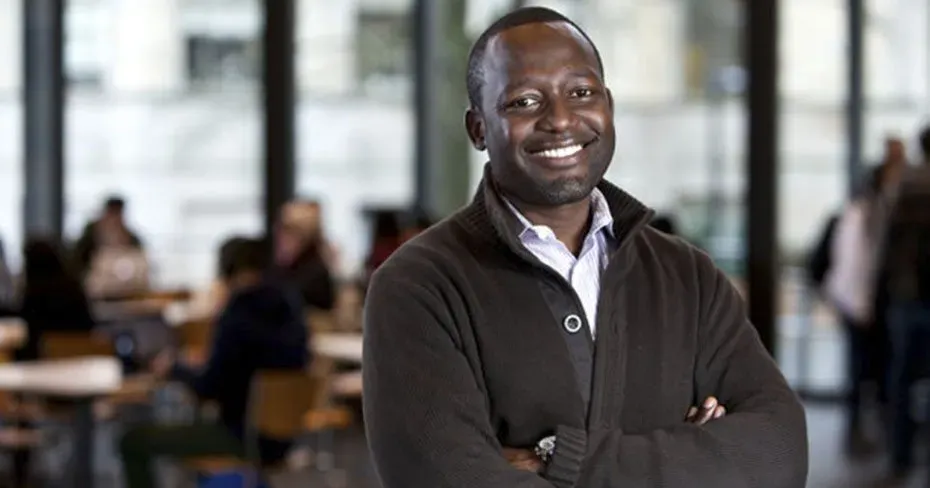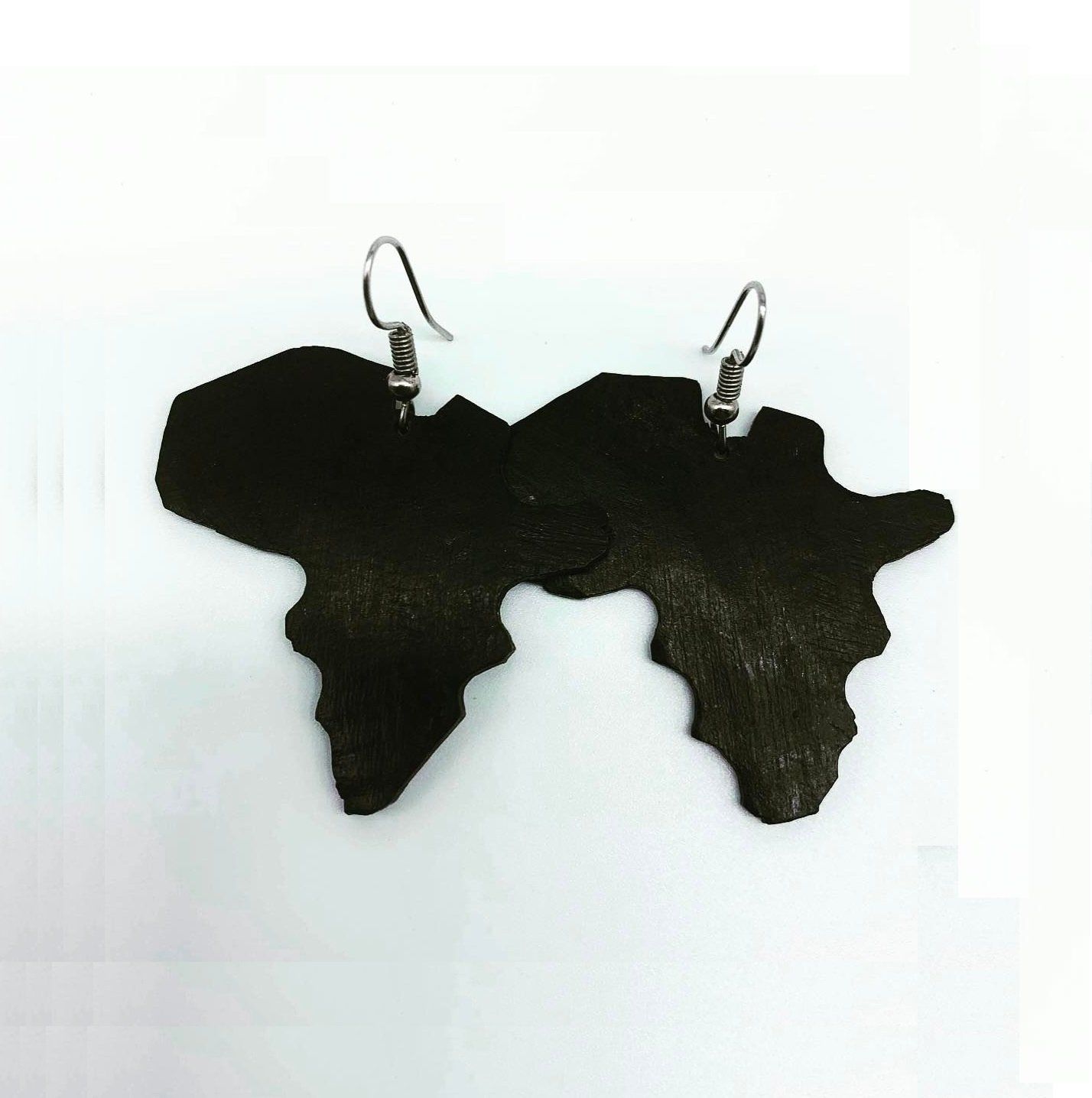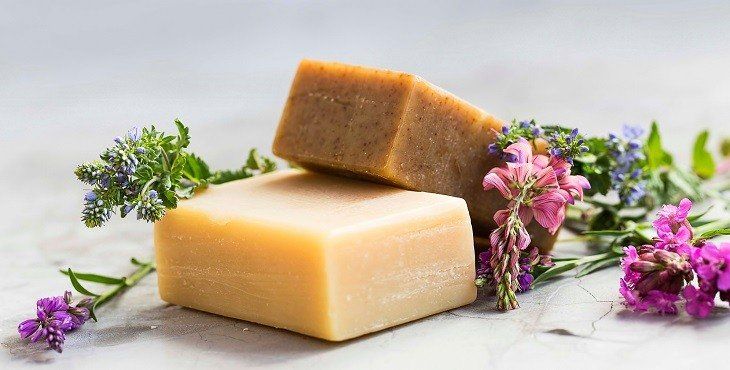We are empowered through the Empowerment of our Mothers
There are characteristics of motherhood that are universal such as the ability to bring forth life and nurture growth, though it is not universal in the way it is practiced or in the way it brings empowerment to its mothers. One cannot ignore the differences in the lived experience of motherhood across the globe, or within a society; nor can one ignore the different purposes and desired outcomes that practicing motherhood holds for its mothers.
For the oppressed black mother living in white supremacist societies those demands of children differ widely from that of the dominant culture, for they do not suffer the same realities. The black race has suffered and continues to suffer as the result of racism, oppression, colonialism, diaspora and other social, political, and economic injustices. Yet, black people continue to strive and survive. It is through the sacrifices of the black woman and black motherhood that the black race has been able to heal and grow: It is through the black mother that we her children get our truth, our racial and cultural identity. Through reclamation and retention of African heritage and customs, recovery of consciousness for themselves and their children, and resistance of racist ideologies and institutions black mothers have and continue to make survival possible for the black race. Our first teachers are our mothers, grandmothers, aunties, neighborhood moms. They teach us to be resilient in the face of adversity, they empower us, and in doing so they empower themselves.
Now with that said, I am not trying to undermine black fathers and the effective work they do in empowering their children; however we cannot ignore the impact black women have made historically in our communities and continue to make today. Black women have always been there. When their children were taken they raised the other enslaved children on the plantation as another did for hers, For a plethora of reasons black men were not able to be as present and thus through the black woman’s love did we learn, grow, and heal, black men included. Today we are still doing this very thing, and we see this when black women stand up against police brutality and anti black racism and when they console a children who have come to the realization that their skin isn’t beautiful to everyone. Despite this, then and now black women continue to be gas lighted by society for black communal problems rather than celebrated for their ability to make a home out of the scraps they are left to build one. Black women continue to carry the weight of the community on their shoulders, and they continue to empower us when they model resistance and resilience before us in reclaiming their right to mother in their way and have their children be exactly who they are. “No matter how tenuous or fragile the home, black mothers attempt to create a safe place where the black race can recover through attainment of consciousness in order to continue resisting, affirming one another by healing the many wounds inflicted by racist domination” (bell hooks, Homeplace : A site of resistance, 267).
White middle-class women can assume that as long as they follow their cultural criteria their children will have a suitable place in society, unfortunately our children aren’t awarded the same privilege and protection. So black women must attain consciousness for themselves through reclamation of their roots and instill that in her children, and thus their race, in order to recover; through recovery the race develops resilience so that they can preform resistance most adequately. Black mothers do wonders for their children and their communities which evokes power and status upon them, and that which empowers them is returned to their children and their race as empowerment as well. If you ask me, black women truly are the glue that holds the community together, and we are most definitely empowered through their empowerment.
P.S. Lander

